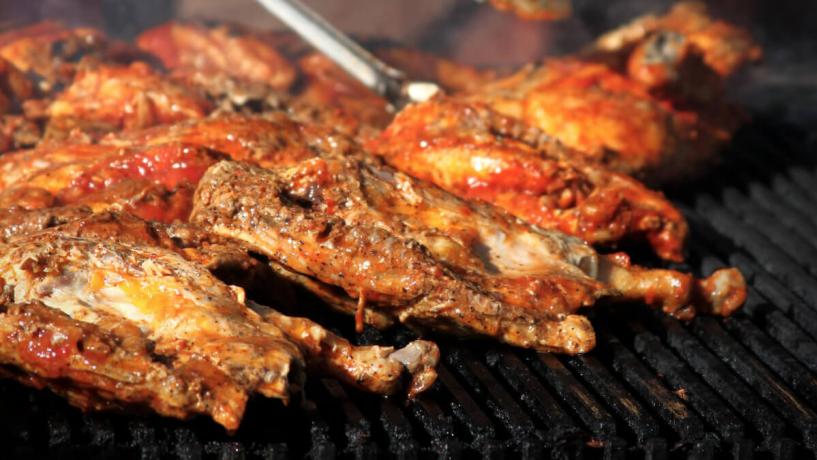
Food and cooking are a big part of many people’s summer festivities. After all, there’s no better way to enjoy the sunshine and the company of friends than with something delicious to eat and share together as part of the mix.
However, with summertime and warmer weather comes a wealth of elevated concerns regarding food safety. Bacteria that are normally present in all foods can easily multiply and reach unsafe levels when the temperature rises. Preparing and storing large amounts of food at home for the holidays and eating or cooking out of doors can present their own challenges as well.
If great enough care isn’t taken to make sure bacterial levels are kept low, food poisoning and serious illness can be the result. However, it’s easy to prevent by taking a few simple precautions.
- Take care when transporting food from place to place in the car. Get it straight to your destination and into a fridge as soon as possible. Carry it in the air-conditioned cab of your car instead of the boot.
- Always go to great lengths to separate raw meat, poultry, or seafood away from cooked or ready-to-eat food. Raw meats should always be kept on the bottom shelf of your fridge to prevent juices from dripping onto other foods.
- Make sure frozen food is thawed completely before cooking. This does not include prepared foods that are meant to be cooked from frozen.
- When in doubt, throw it out. If you know – or even think – that food may have been left out unrefrigerated for four hours or more, it’s better to throw it away than to risk getting sick.
- If you are sick or showing any symptoms of illness, don’t handle food. Instead, leave food prep and serving to others in your household.





